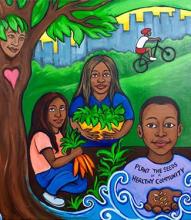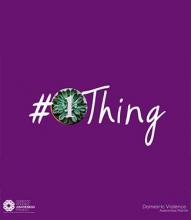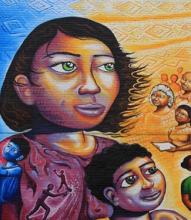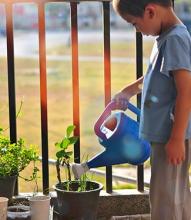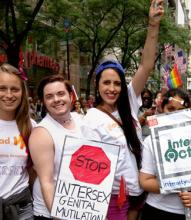Being surrounded by strong community, including neighbors one interacts with and cares about, can provide a buffer against experiences and consequences of IPV. With this in mind, how can neighbors and advocates together help bolster these strong spaces of social support for survivors?
VAWnet News Blog
If nobody takes action, there is no movement. But action takes courage. How can we learn from those who do to inspire those who do not?
Survivors face numerous barriers to keeping or trying to access safe housing. These challenges can force them into unsafe housing arrangements, living in danger on the streets, or even staying with or returning to the abuser just so that they and their children have beds to sleep in.
For many, the summer season inspires increased interest and opportunity to deepen their spiritual relationship with nature and connect with the earth as a way to foster healthy families and communities
As you reflect during Pride Month on your efforts to reach out to LGBTQ+ communities, consider ways you can increase your capacity to meet the needs of intersex individuals who may be dealing with trauma related to IGM.
In this and any movement, people are the tools for making change – we must invest in ourselves as the key resources that we are.










